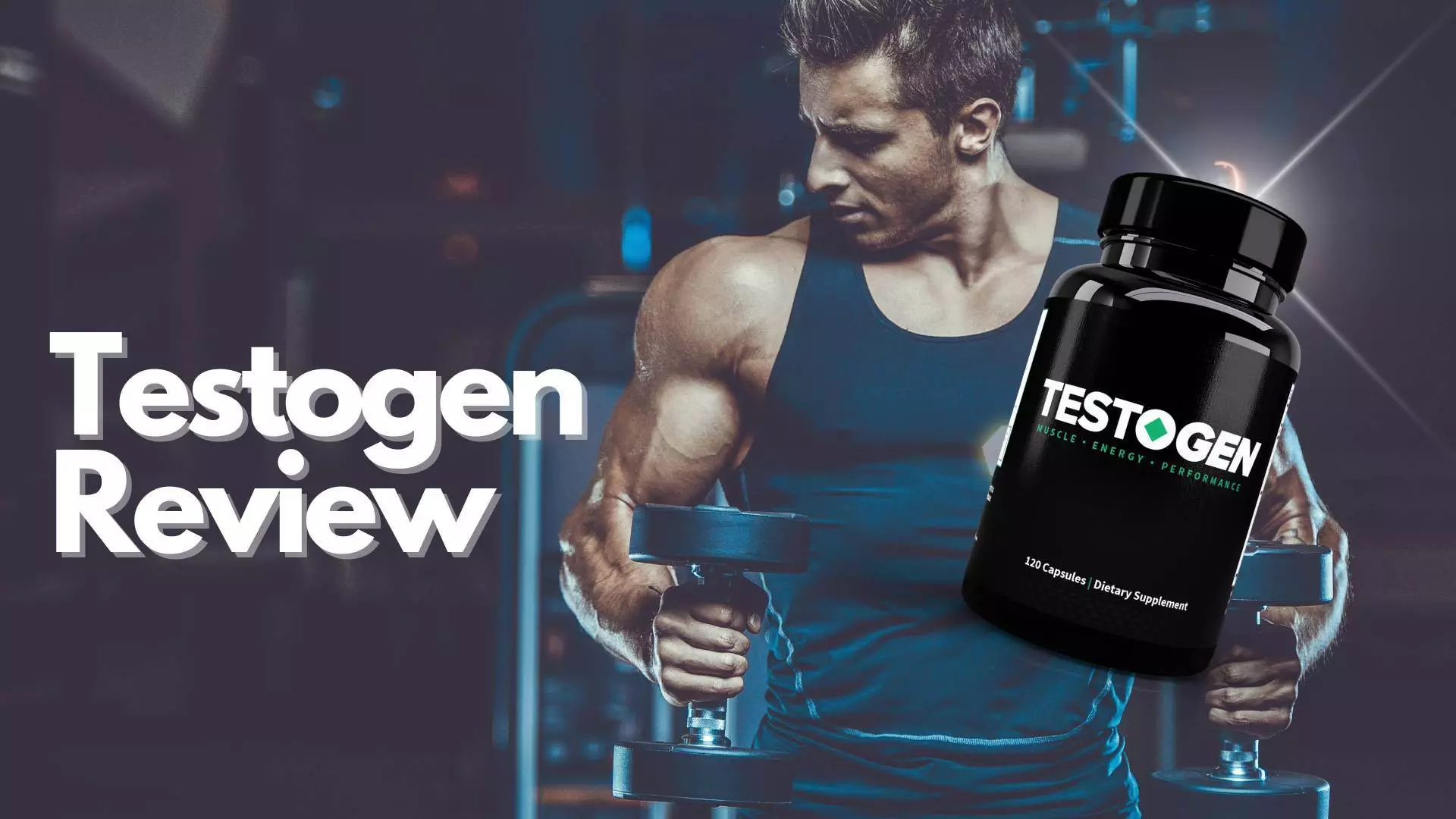Because Vitamin D is fat-soluble and gets stored in your tissues, there’s a possibility that you can be having too much of it.
This is not to say you can’t take multivitamins and Vitamin D alongside each other – as long as you first consult your doctor and follow certain guidelines, it’s perfectly safe.
The recommended daily dose of Vitamin D for adults is 600 IU. But as a rule, 2000 IU, although high, is considered generally safe for adults to take and should achieve a sufficient amount of blood level of Vitamin D and provide additional health benefits.
So, which is the better option – a multivitamin or taking separate vitamins? Continue reading as I delve deeper into this topic below.
Multivitamins vs. Individual Vitamins
Although most people will get all the vitamins and minerals they need from taking a multivitamin, there are occasions when the dosage may not be enough for some. In this case, those individuals would need to take individual vitamins to bridge the nutrient gap.
There are other reasons an individual vitamin supplement may need to be taken either with or instead of a multivitamin.
By taking multivitamins, your body could be having a lot of something it doesn’t need. On the other hand, your body may benefit from both because of a particular vitamin deficiency.
Although water-soluble vitamins such as the B complex and vitamin C get flushed out with your urine, meaning excess amounts are not generally a problem, fat-soluble vitamins E, D, and K, on the other hand, maybe harmful if they are taken in large amounts.
Check out my reviews of the best multivitamin products,
Performance Lab NutriGenesis Multi for Men & NutriGenesis Multi for Women
Do I Need A Multivitamin?
Many people can’t get enough of their required daily amounts of vitamins and minerals through food sources alone, which could mean they are missing out on important nutrients.
That’s where dietary supplements such as multivitamins step in by bridging those nutrient gaps and removing the need to take countless other supplements.
Certain other individuals and groups could benefit from taking multivitamins, such as vegetarians and vegans.
Vegetarians may lack particular vitamins and minerals in their diet, including Vitamin B12 and iron. As with vegetarians, vegans may not be getting enough Vitamin B12 and iron through their food. A vegan multivitamin would help them meet their daily requirements.
The omission of dairy products in a vegan’s plant-based diet could also mean a calcium supplement is required.
Also, very few vegan foods are a good source of iodine and zinc, which is an excellent reason to take a multivitamin to ensure they get these nutrients.
See The Best Multivitamin For Men Bodybuilding in 2021
What Are The Benefits of Vitamin D?
Vitamin D helps to regulate calcium and phosphate in the body. These particular nutrients are essential in supporting bone health, teeth, and muscle health.
Vitamin D deficiency can lead to bone deformities in children, along with rickets and osteomalacia in adults, which is a softening of bones, leading to fractures.
Studies suggest that Vitamin D may also play a role in reducing the risk of multiple sclerosis (1), limiting the chances of developing heart disease (2), and lessening the chances of falling victim to seasonal influenza (3). It also helps to facilitate normal immune system function.
Sun exposure is the most important natural source of Vitamin D. Even short periods spent in the sunshine should be enough for your body to get all the Vitamin D it needs for the day.
Individuals with darker skin, such as Africans, Afro Caribbeans, and those of South Asian origins, would need to spend longer in the sun than those of lighter skin color to produce the same Vitamin D levels.
During the winter months, especially in the Northern Hemisphere, sunshine can be in short supply. This should not be anything to worry about, as there are plenty of foods rich in this vitamin.
Fresh salmon and egg yolks are excellent sources of Vitamin D3, and oily fish such as herring, mackerel, and sardines, as well as red meat, all have sufficient amounts to ensure you will meet your recommended daily allowance.
Conclusion
Taking a multivitamin alongside a Vitamin D supplement should be perfectly safe. Still, it would be a good idea to consult your doctor first to determine whether you have a Vitamin D deficiency.
Many factors can contribute to a Vitamin D deficiency, such as a lack of sunshine in the winter months and particular diets that don’t supply individuals with enough of the nutrients the body needs. It’s for this reason that many people take multivitamins and Vitamin D together.





Leave a Reply